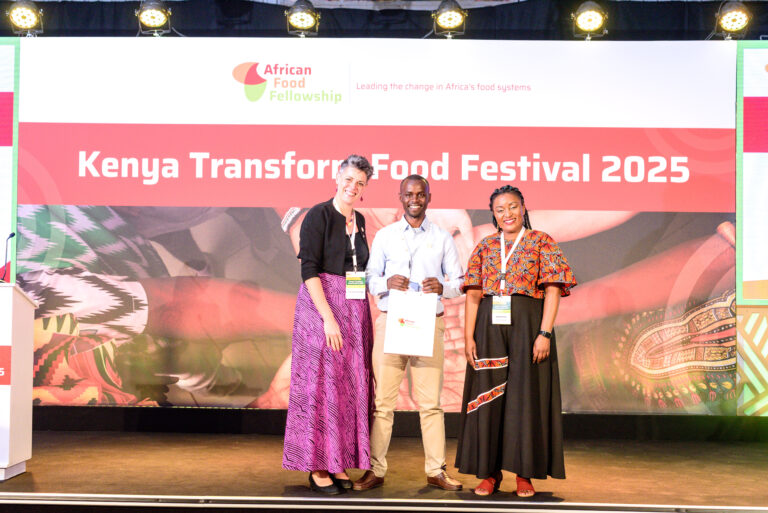The Ulinzi Sports Complex will host the World’s Second Postpartum Haemorrhage (PPH) Awareness Run on September 28, 2025, filling the streets of Nairobi.
The #IWillRunForHer event, is a part of a growing global movement to end the preventable tragedy of PPH, which accounts for about 180,000 maternal deaths in Sub-Saharan Africa.
The University of Nairobi, the Kenya Obstetrical and Gynaecological Society, and the Midwives Association of Kenya are leading the campaign, which is making great strides in educating the public about maternal health.
Last month on August 22, 2025, they hosted the 5th End PPH Stakeholders’ Consultative Forum.
The campaign includes the Roaming Blood Bank, which is a key component. The blood bank includes 100,000 registered voters.
According to the World Health Organisation (WHO), postpartum haemorrhage accounts for up to 70% of maternal deaths in developing countries.

In Kenya, over 6,000 women die every year due to pregnancy-related complications. Surprisingly, 30–45% of these deaths are caused by PPH, which is completely preventable with the right awareness, policies and resources.
“There are countries where no woman dies from excessive bleeding. Why not us? Why not now?” Prof. Moses Obimbo, Project Lead, End PPH Initiative and Professor at the University of Nairobi.
“With 4 out of every 10 maternal deaths linked to lack of blood, this innovation could save thousands,” Prof. Moses Obimbo.
“Maternal health is a matter of national security. Some communities assume that bleeding after childbirth is normal or due to a lack of walking during pregnancy. These myths and misconceptions must be dispelled through education and public engagement.” Prof. Moses Obimbo.
The upcoming run isn’t just an event, it’s a statement. A call to the public, media, Ministry of Health, governors and Parliamentarians to show up, speak up, and push for dedicated policies and funding for maternal and newborn health.
This comes days after the Ministry of Health, headed by Dr Robert Serem, confirmed that the condition poses a major threat to the health sector.
Serem called for a strengthened advocacy to address and tackle postpartum haemorrhage in the country, through intentional leadership and adoption of new maternal technologies; as well as encouraging expectant mothers to deliver in hospitals.



